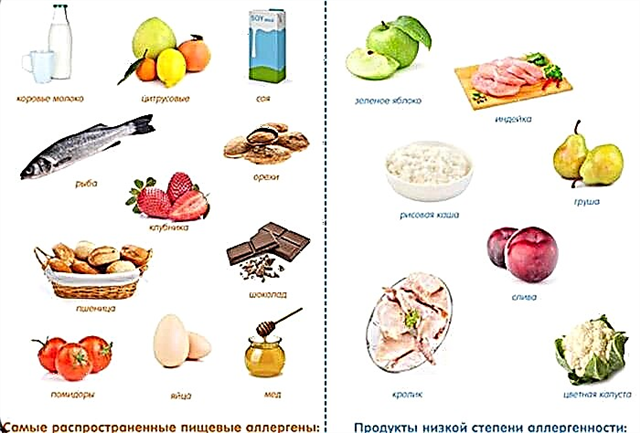
Many women are looking forward to going on maternity leave, because it will give you the opportunity to rest more and calmly, without being distracted by anything, prepare for the birth of a baby. But there are many issues associated with going on maternity leave.
Terms of registration
The procedure for going on maternity leave is described in detail in the Labor Code. According to the law of the Russian Federation, a woman has the full and unquestioning right to go on maternity leave of 30 weeks pregnancy if she is carrying one baby. If two or three babies grow and develop in the mother's womb, then the leave is granted earlier: women go on maternity leave at 28 weeks pregnancy. If a woman works, then usually an employee of the personnel department or accounting department is in charge of the entire procedure for going on vacation, who gives the pregnant woman detailed instructions.
What we call "maternity leave" is essentially two leaves one after the other. The first is maternity and childbirth leave, and the second is leave for caring for a newborn baby until the age of one and a half years.
If desired, a woman has every right to stay with the baby for another year and a half, having written a statement that she wants to extend the leave to care for the baby up to 3 years.

The decree so coveted by expectant mothers begins when the gynecologist issues a sick leave to the future mother, which confirms that from now on she is considered disabled (and this happens at 30 and 28 weeks, depending on the number of fetuses).
The period of prenatal leave is limited - 140 days if the birth took place without complications and one baby was born, or 194 days if twins were born. If a woman underwent a caesarean section for some planned or emergency reason, then postpartum leave is also supplemented... Sick leave is extended in the maternity hospital (by prescribing another certificate of incapacity for work), and in total, the maternity leave for such a postpartum woman lasts 156 days. If a woman lives in an area of radioactive contamination, then her rest will be 160 days.
Not only pregnant women, but also adoptive parents have a statutory right to decree. They are given 70 days as postnatal childcare. If twins are adopted, then more time is given to rest - 110 days.
The specified number of days for each case is the law, and no one has the right to violate it, that is, maternity leave cannot be reduced or increased in any situation.
But a woman can increase it in a completely legal way, first by taking her next vacation, and then taking a maternity... It is important to know that a woman can arrange such a vacation at each place of work if, in addition to her main job, she has a combination. Prenatal leave can only be obtained by a pregnant woman herself (to give birth to herself, no one can replace her in this!). But postnatal leave can be arranged by the child's father, grandmother, grandfather, and guardian.

Where to begin?
It is worth being puzzled by the issues of registration of maternity a week before 28 (if a woman is expecting twins) or 30 weeks (if there is only one fetus). An obstetrician-gynecologist, with whom a woman is registered, should give her directions for tests and examinations, which, in fact, are not interconnected with the vacation, but according to the existing practice and the recommendations of the Ministry of Health, they are exactly on time for going on maternity leave.
The woman is sent for an ultrasound scan, blood and urine tests are taken, a coagulogram is made, smears are taken for research. If she refuses to undergo this examination, a sick leave will still be issued, but why risk her health and the health of the baby by refusing a routine examination?
The certificate of incapacity for work, which was issued at the consultation, must be taken to the place of work or submitted to the social protection authorities at the place of registration... In the second case, you need to attach to the document a certificate of the husband's income (it is given to him at work).
If a woman is at the labor exchange and receives unemployment benefits, you need to take a statement from the exchange about the amount of this payment... A decree is drawn up at the written request of the woman herself, no one can take the collected documents for her.
Having done all this, you can safely go to rest and wait for the payment of sick leave.

Benefits in decree
The issues of payments that are due to women who have taken such leave are one of the most common. It should be noted that the amount of payments during the period covered by the sick leave (before and after childbirth) depends on the woman's income over the past two years. Income is summed up and divided by the number of days actually worked (sick leave and vacation - deduct!). This is the average daily income. Then it is multiplied by the number of days in sick leave - the payment amount is obtained.
If a woman does not work or works for less than six months, she is also entitled to benefits, but only in the minimum amount (based on the minimum wage).
Several jobs receive benefits for each of them. The woman receives the entire amount at a time. To it can be added the allowance, which is due for early registration in the consultation, if the woman did not bring such a certificate earlier.
After childbirth, payments will be as follows:
- lump-sum allowance for the birth of a baby;
- monthly allowance for caring for a baby until he turns one and a half years (40% of the average mother's earnings over the past two years).
There are also state benefits - for the first child, for the third and the next. Their sizes are individual for each region, they are charged by social authorities.
From 2019, all of the listed types of benefits will be increased due to the increase in the minimum wage... It is not yet clear when the benefits for childcare from one and a half to three years will be increased. The payment was established back in the 90s and has never been increased until now - it is only 50 rubles a month. But the Ministry of Labor and Social Protection of the Russian Federation promised to reconsider this issue in the very near future and increase the allowance at least to the level of 1 minimum wage.




